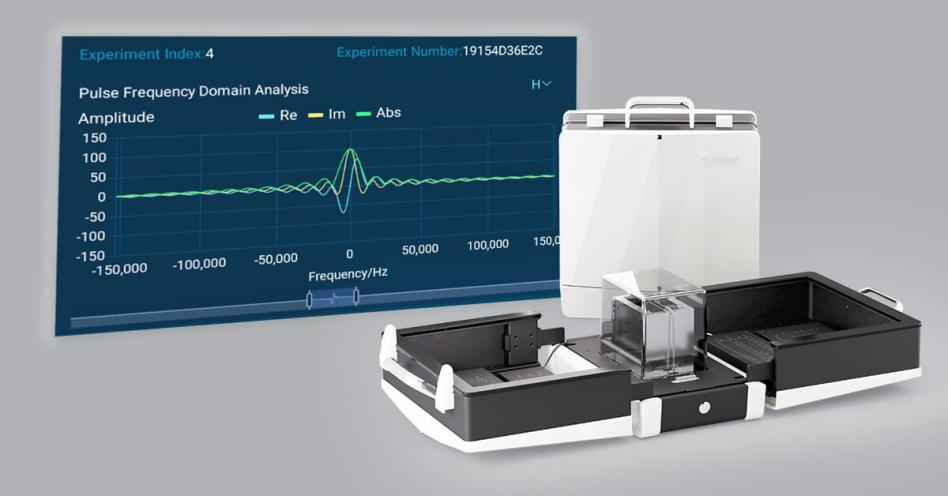SpinQ Quantum Artificial Intelligence Lab: Research Project Overview
2025.09.17 · Blog Quantum Artificial Intelligence Lab
Key Takeaway: SpinQ’s Quantum AI Lab fuses leading-edge quantum computing and artificial intelligence techniques to advance quantum machine learning, optimization, neural networks, natural language processing, and reinforcement learning. Its breakthroughs are accelerating practical applications across industry and academia.
Lab Introduction

SpinQ’s Quantum Artificial Intelligence Lab leverages proprietary NMR and superconducting platforms alongside a cloud-based quantum environment and open-source toolchains. Its mission is to propel hybrid quantum–classical computing into real-world AI scenarios by uniting hardware, software, and algorithmic innovation.
Research Directions at a Glance
-
Quantum Machine Learning (QML): Developing quantum feature maps and quantum support vector machines.
-
Quantum Approximate Optimization Algorithm (QAOA): Targeting logistics and combinatorial problems to demonstrate quantum speedup.
-
Quantum Neural Networks (QNN): Designing parameterized quantum circuits to accelerate image and time-series analysis.
-
Quantum Natural Language Processing (QNLP): Building quantum embeddings and transformer models for efficient text classification and generation.
-
Quantum Reinforcement Learning (QRL): Creating quantum agents for dynamic decision-making in autonomous systems.
Core Project I: Quantum Machine Learning Algorithm Development
The team has implemented quantum kernel methods and quantum regression on SpinQ Cloud’s 4-qubit NMR device. In a handwritten-digit recognition task, the quantum model achieved over 85% accuracy, showcasing the dimensionality-reduction advantages of quantum feature spaces.
Core Project II: Quantum Optimization for Logistics Scheduling
SpinQ applied QAOA to multi-city delivery routing. Simulations on a superconducting prototype revealed a roughly 30% runtime reduction compared to classical genetic algorithms for a 16-node problem, highlighting new efficiencies in supply-chain optimization.
Core Project III: QNN-Accelerated Image Recognition
Using parameterized quantum circuits, SpinQ tested a QNN on a CIFAR-10 subset. An innovative data-encoding scheme led to a 20% faster convergence than a conventional CNN, pointing to viable solutions for low-sample learning and edge-compute scenarios.
Core Project IV: Quantum NLP
By integrating a quantum embedding layer into sentence-classification benchmarks, SpinQ’s quantum model matched the performance of classical counterparts on short-text sentiment analysis, validating the promise of quantum approaches in NLP.
Core Project V: Quantum RL for Autonomous Driving
SpinQ developed a quantum policy-gradient algorithm and evaluated it in a driving simulator. Compared to classical deep RL, the quantum agent exhibited faster convergence and more diverse strategies, opening avenues for intelligent transportation systems.
Platform & Collaboration
The lab’s unified PyQML framework supports Python ecosystems and interfaces with Qiskit and Cirq. It seamlessly integrates cloud-based NMR and superconducting resources, enabling researchers to rapidly reproduce and extend experiments.
Partnerships & Technology Transfer
Collaborations with top universities and industry leaders have produced over 20 peer-reviewed papers and 15 patent applications. SpinQ also offers quantum-AI training courses and turnkey solutions, nurturing a robust ecosystem.
Future Outlook
SpinQ’s Quantum AI Lab will continue pushing the boundaries of quantum–classical synergy, targeting applications in biomedicine, smart manufacturing, and financial risk management. Through sustained innovation, it aims to drive the next wave of the quantum-intelligence revolution.
Featured Content






